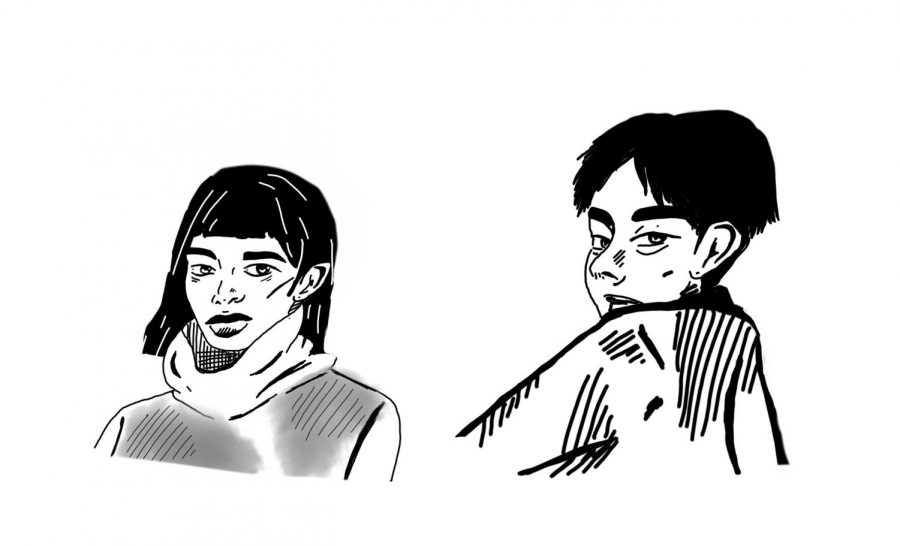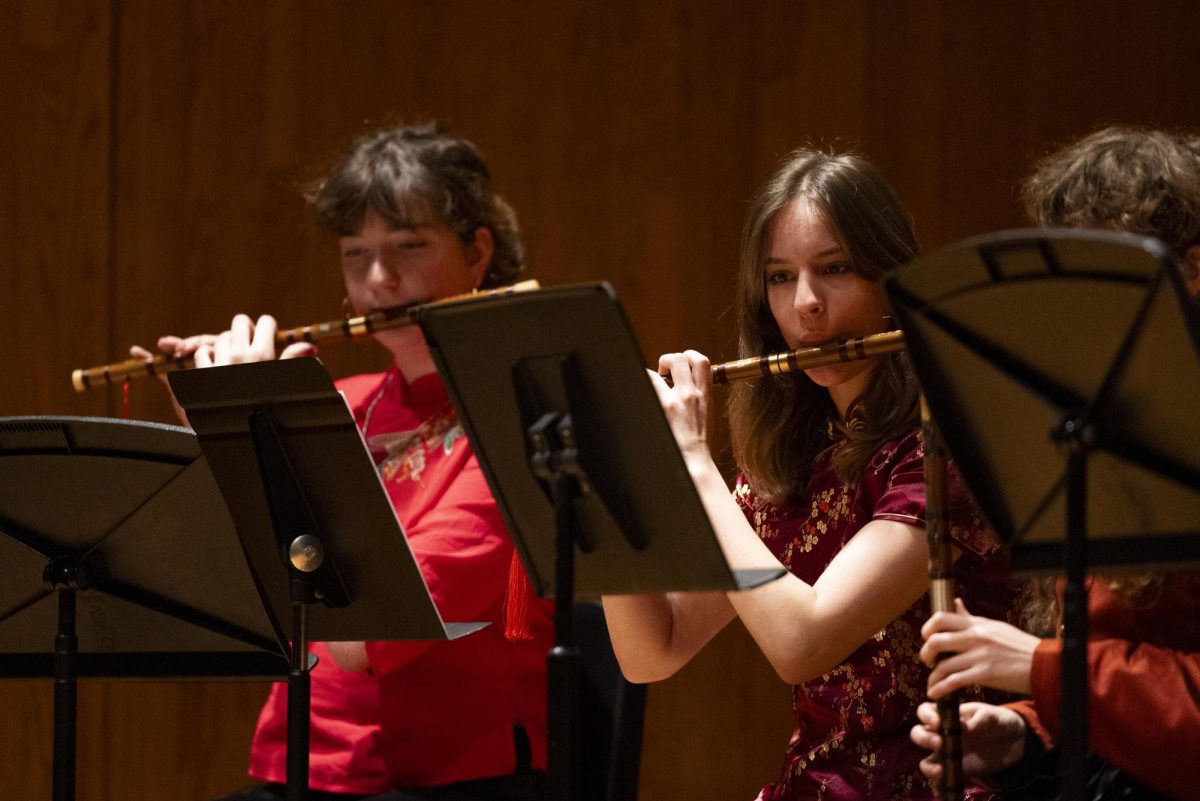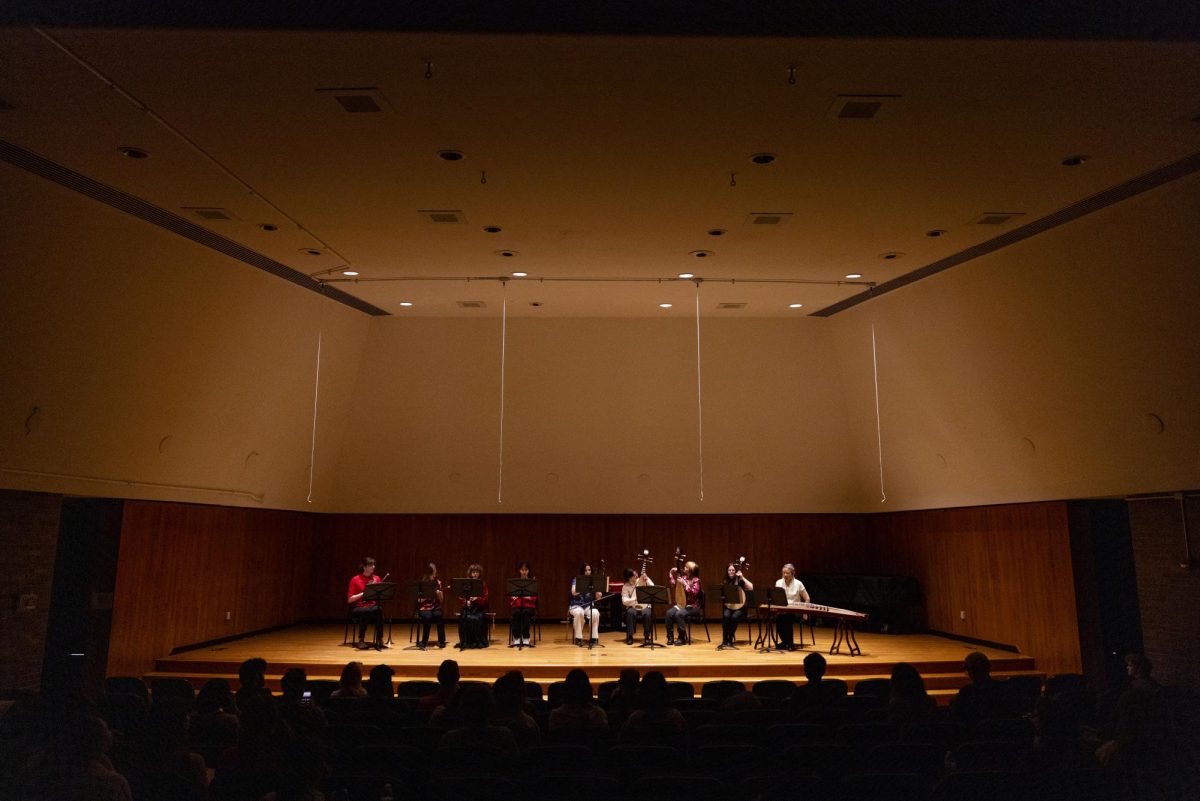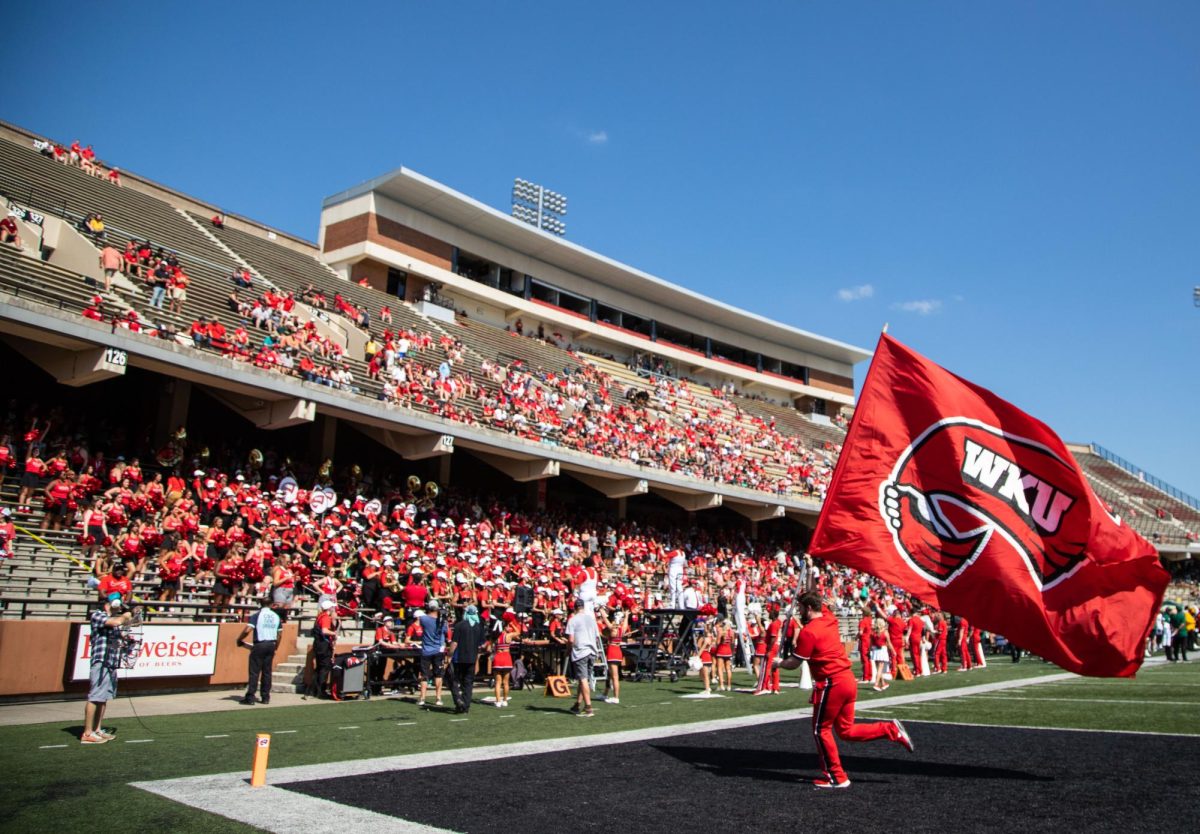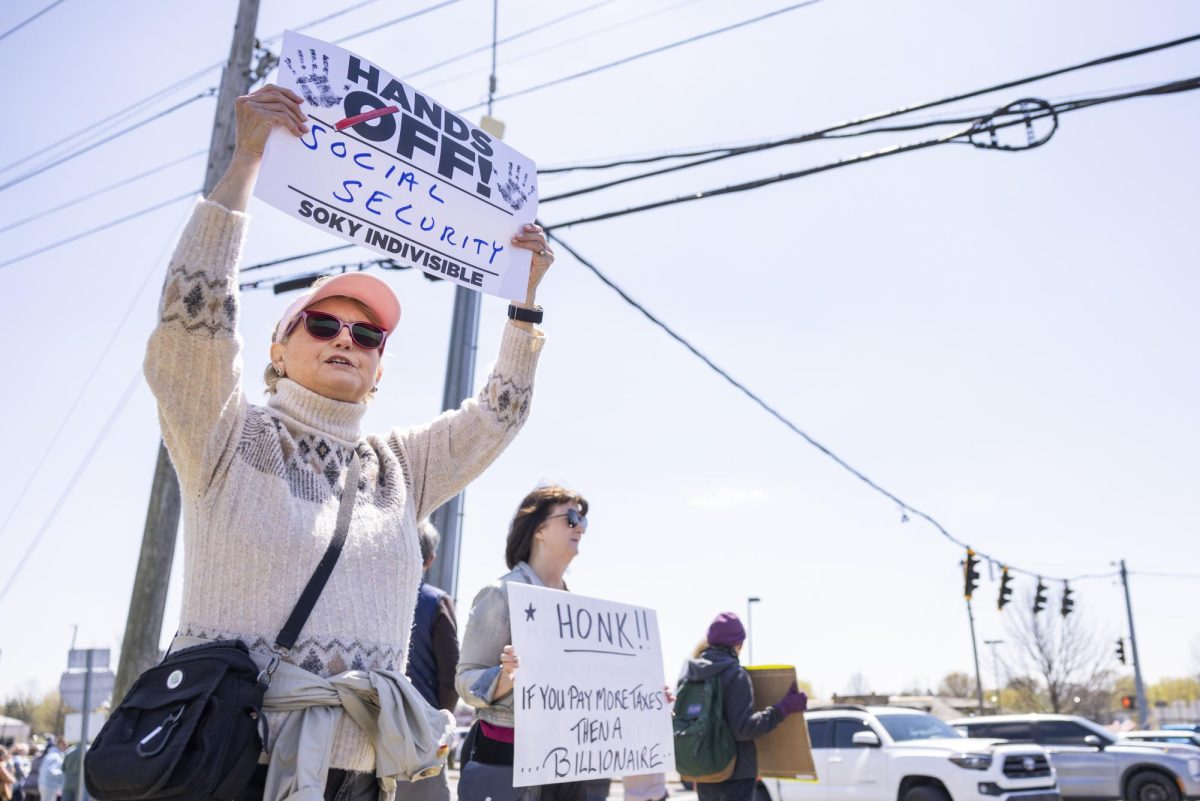OPINION: Asian students at WKU face racism during the COVID-19 pandemic
May 8, 2020
This story was published in the May 8 final print issue. Read the full issue here.
Reports of racist remarks and behaviors toward the Asian community drastically increased throughout the country following the declaration of the pandemic.
In the news, 471 cases related to xenophobia or discrimination were reported in a one-month span (Feb. 9 through March 7) according to a study done by San Francisco State University.
Even here at WKU, where only about 2% of students are of Asian descent, racism reared its ugly head.
Su Yee Myint Aung, a senior international student, was walking to her campus job when someone yelled “corona” at her from their car. Su Yee said she is now afraid to walk to work, which is only eight minutes from her apartment.
“People would act this way because the corona outbreak originally came from China,” Su Yee said. “And they automatically assume all people who look like Asians are from China, which leads to this racism and discrimination against Asians.”
Su Yee is Burmese.
Sophomore Eumin Shin, who is Korean, received nasty comments online that related her with the virus. Shin agreed with Su Yee that many Americans assume Asian people are from China.
“It doesn’t really bother me because I’m not generally a very offendable person,” Shin said. “It’s just overall non sequitur because it makes me wonder if there’s an undertone of actual racism within the individual who’s saying it.”
And while this virus did come from the Wuhan province of China, the Centers for Disease Control and Prevention has said it is wrong to call COVID-19 the “Chinese Virus,” which President Donald Trump has tweeted several times.
Trump cited the “Chinese Virus” as a reason to build his southern border wall in one tweet, and he has also said he has a “high degree of confidence” that a lab in Wuhan was the origin of the virus.
However, the scientific community has made it clear the coronavirus is not a product of humanity. The virus was transferred from animals and genetically mutated — as viruses tend to do — to replicate in humans, according to an article from the research journal Nature Medicine.
The Office of the Director of National Intelligence released a statement Thursday that it’s investigating whether the virus was an accident in the Wuhan lab or from natural human to animal contact.
According to a report from the Department of Homeland Security, the Chinese government attempted to cover up the severity of the coronavirus so it could hoard medical supplies.
But just like how I have nothing to do with the U.S. government’s highly criticized response to the virus, Asian Americans have absolutely nothing to do with Chinese government actions, and they certainly do not have any more likelihood to carry the virus than anyone else.
Ke Peng, WKU’s director of the Chinese Flagship program, said via email she has not experienced any discrimintion since the pandemic has been declared, but she offered some of her opinions on her experience.
“Unfortunately, I may not be the best person to know this,” Peng said about discrimination. “I am not sensitive to others’ view or behavior, as I am not living in other people’s definitions, labeling or narratives.
“There is a lot of misinformation out there. It is crucial for everyone, regardless of race or ethnicity, to use our critical thinking to evaluate all the perspectives before jumping to a conclusion.
“Hold no fear about death, loss or change. Fear does not help in any way, shape or form. Generally speaking, Asians are educated to be self-reflective. This pandemic offers us a valuable opportunity to look inside ourselves, and focus more on who we truly are, and what we are doing here.”
Opinion Editor Jake Dressman can be reached at jacob.dressman200@topper. wku.edu.



